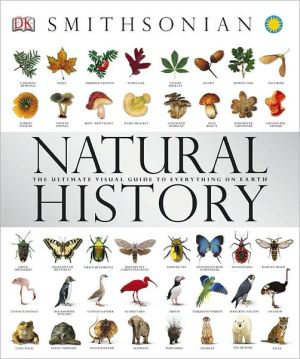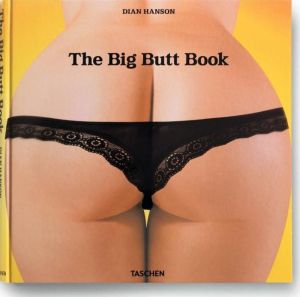Brief History Of Death
The act of death itself and the rituals surrounding it vary enormously and shed a fascinating light on the cultures of which they are a part. In this brief and lively history, Douglas Davies – internationally acknowledged as one of the leading experts in this field – tackles some of the most significant aspects of death and weaves them into a compelling story about our changing attitudes to dying.\ \ Offers a fascinating examination of this subject which is of enduring interest in every...
Search in google:
The act of death itself and the rituals surrounding it vary enormously and shed a fascinating light on the cultures of which they are a part. In this brief and lively history, Douglas Davies – internationally acknowledged as one of the leading experts in this field – tackles some of the most significant aspects of death and weaves them into a compelling story about our changing attitudes to dying. Offers a fascinating examination of this subject which is of enduring interest in every culture in the world Considers the profound influence death has had on subjects ranging from philosophy to anthropology, through to art, literature, and music - inspiring some of our most enduring artistic highpoints Broaches some of the most significant aspects of death, such as the act of dying, grieving, burial, artistic interpretations of death, places of memory, the fear of death, and disasters/tragedies Weaves these numerous approaches to death into a compelling story about our changing attitudes to dying Contains several illustrations, and is written in an accessible and lively style.
1Journey beyond12Parting's sweet sorrow243Removing the dead484Ecology, death and hope685Art, literature and music896Places of memory1117Fear of death1318Purposeful and useless death150
\ From the Publisher"The author reveals himself to be a sensitive and humane guide, in a book that ought to fascinate anyone interested in the existential conundrum of human morality." Times Higher Education Supplement\ \ \








